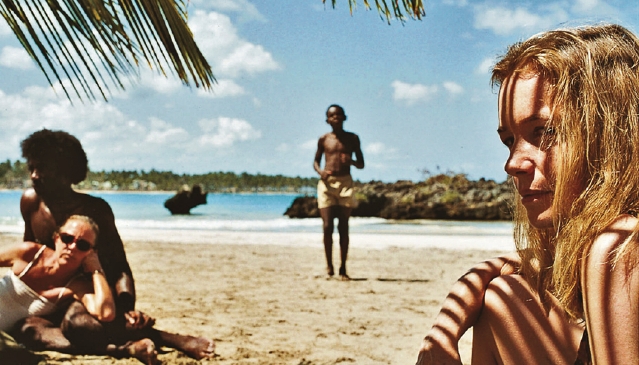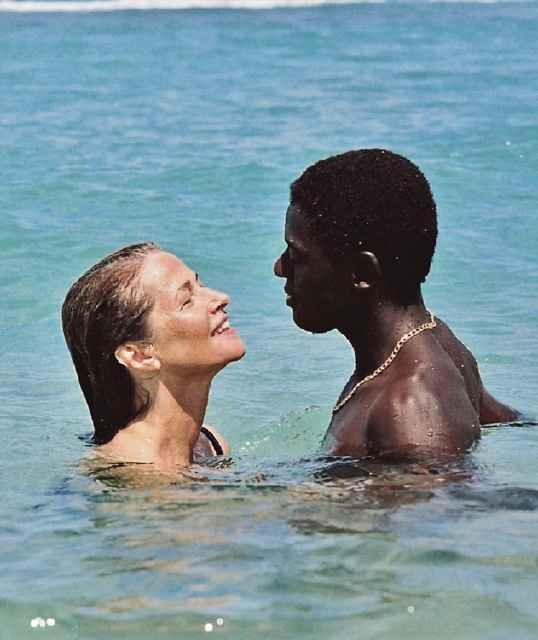Heading South
Muted, Metaphoric Melodrama Explores The Long-Lost World Of Haiti’s “Love Tourism” Trade


“Did the ocean just get warmer?”
Latest Article|September 3, 2020|Free
::Making Grown Men Cry Since 1992


“Did the ocean just get warmer?”